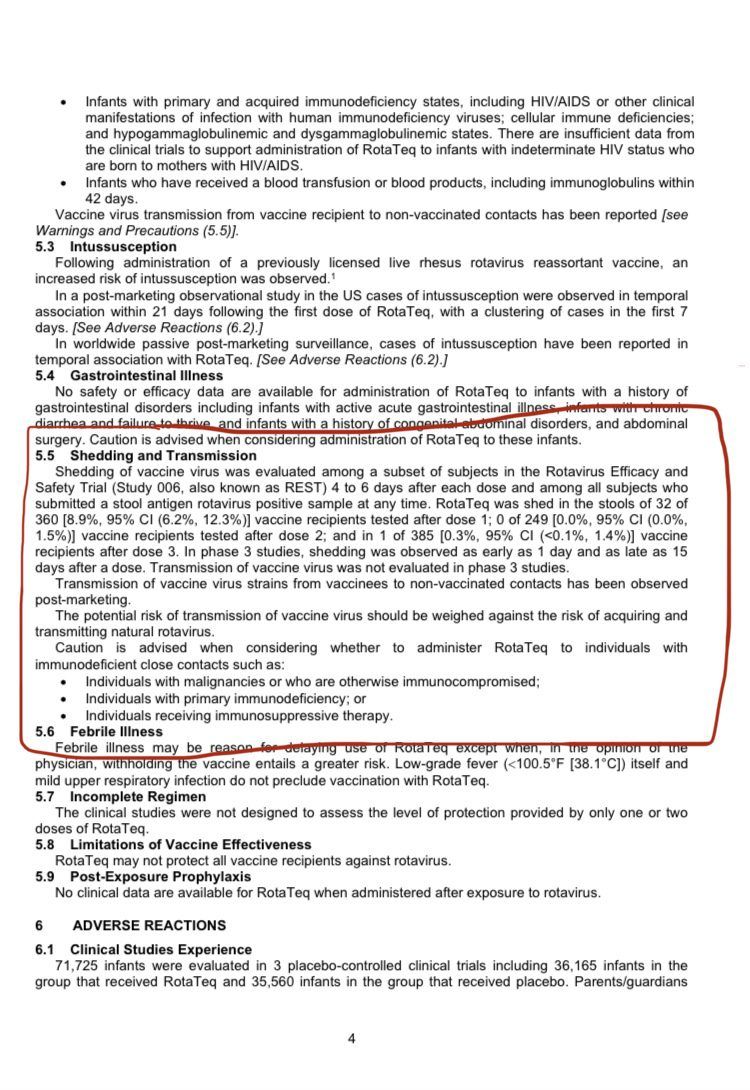Candace Owens’ reporting on vaccines has been on point, and one segment that really stood out covered vaccine shedding.
Vaccine shedding, in relation to the experimental COVID-19 shot, hit the news in a recent peer-reviewed study that showed vaccinated individuals could transmit particles to unvaccinated individuals through aerosols.
100 Percent Fed Up reports:
The peer-reviewed study provided examples of this phenomenon occurring in households with COVID-19 vaccinated parents and unvaccinated children.
“The data we show from human nasal swabs provides evidence for the aerosol transfer of Abs between immune and nonimmune hosts,” scientists from the University of Colorado found.
“Respiratory transmission of viral infection is proof that oral/nasal cavity constituents can be communicated through aerosols and/or respiratory droplets. As such, it would stand to reason that Ab present within the oral/nasal environment may also be aerosolized to some degree,” the researchers wrote.
“Nasal swabs were obtained by convenience sampling both parents and their children at the Colorado Tri-County vaccine center in Aurora, CO, who were attending vaccine appointments, not limited to SARS-CoV-2,” the researchers wrote.
However, Candace Owens revealed the phenomenon was confirmed before anyone took the experimental COVID-19 mRNA injections.
In a YouTube short, Owens talked about vaccine shedding on a FDA insert for RotaTeq, the vaccine for rotavirus gastroenteritis.
“Shedding is the transmission of vaccine virus strains from vaccinees, people that are choosing to get this vaccine, to non-vaccinated contacts. And that is on this FDA insert for the rotavirus vaccine,” Owens said.
WATCH:
https://www.youtube.com/shorts/GsRgdvOB05M
Here is the FDA insert for RotaTeq:
Merck Sharp & Dohme Corp is the manufacturer for RotaTeq, according to the FDA.
“For the prevention of rotavirus gastroenteritis caused by the types G1, G2, G3, G4, and G9 for use in infants 6 weeks to 32 weeks of age,” the FDA writes.




Join the conversation!
Please share your thoughts about this article below. We value your opinions, and would love to see you add to the discussion!